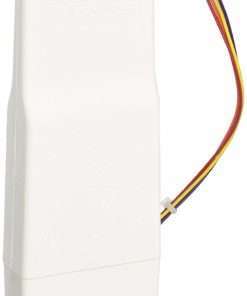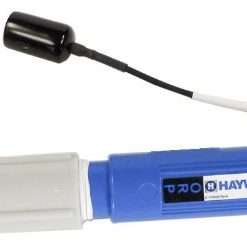How many bags of salt do I need for a 40000 Litre pool?
The tone of this professional-sounding paragraph is serious and informational. It’s important to be aware of the gallons per minute (GPM) rate your pool needs in order to properly salt it. The standard rate for a residential pool is 1,500 GPM, so if your pool size is 40000 litres, you will need 24 bags of salt.
How many kg of salt do I need for a pool?
If you are looking to add salt to your pool, there is a recommended amount that you should use. For swimming pools up to 50,000 gallons in size, the suggested amount is one metric ton of salt. For pools over 50,000 gallons, the recommended amount is two metric tons of salt. It is important to note that this is only a recommendation and not a requirement. If you are unsure how much salt your pool needs, it is best to contact a professional contractor or pool maintenance company.
How much salt should I put in my pool per Litre?
When it comes to pool care, one of the most important things to remember is to add enough salt to keep the water clear and inviting. Depending on your pool’s size and type of salt, you may need anywhere from 1/2 teaspoon up to 1 cup per litre of water. Make sure to read the package instructions carefully before adding any salt, as there may be variations depending on which brand or type of salt you are using.
Adding too much salt can also lead to serious health problems, so err on the side of caution when it comes to this essential pool maintenance step. Remember that a clear and sparkling pool is key for relaxation and fun in summertime – don’t let anything stand in your way!
What happens if I put too much salt in my pool?
If you put too much salt in your pool, it can cause a number of problems. The salt will make the water less clear and sparkly, which can lead to decreased swimming ability and even longer maintenance times. Additionally, the salt will cause algae to grow more quickly, which can clog filters and drains. If left unchecked, these issues can lead to serious damage to your pool.

















